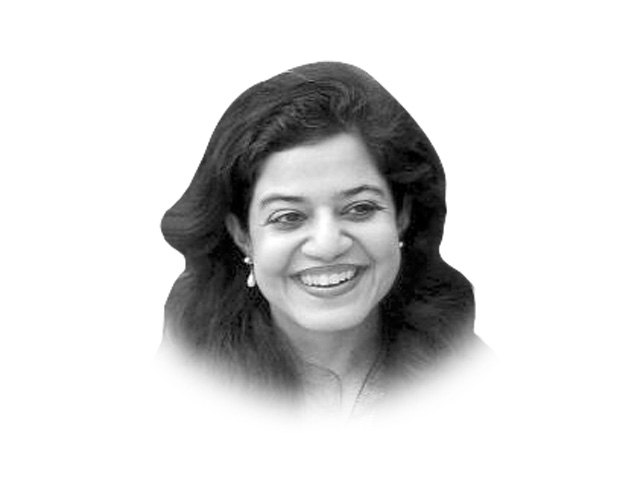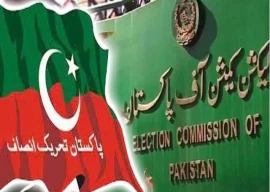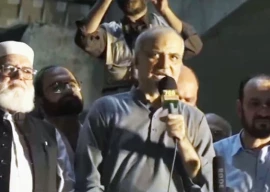
“I am going to learn something”, I thought, as I settled into a seat in the front row, and, “I bet this is going to be interesting”, as I looked around at the primarily non-Muslim audience. Call it naivety or a pro-Muslim bias, but I expected the speaker to be balanced, rational and empathic and at least part of the non-Muslim audience to be aggressively liberal and dismissive of his point of view. It was only when the speaker arrived behind the lectern that I realised just how young he was and found myself wishing fervently that the audience would not be too harsh on him.
The speaker began by outlining the salient features of the judgment of the European Court of Human Rights. The Court had held that although the right of Muslim women to wear a veil was part of their ‘right to religious freedom’ and therefore protected by the European Convention of Human Rights, this right could only be exercised subject to any limitations that may be imposed by the French Government in the interest of ‘rights and freedoms of others.’ Net result: the Court found that the ban imposed on the veil by the French government was proportional to the aims pursued by a democratic society.
The complexity of the decision of the Court required a careful, incisive and nuanced analysis, which would explore the limits of the right of religious freedom and the freedoms of others in a democratic society. What followed from the speaker, however, was an almost entirely one-sided criticism of the Western legal system for its failure to adhere to the Human Rights Convention. He quoted several scholars and cited cases — all Western — in order to make his point. The silence in the room deepened with each point that he made and remained so until he had finished, at his appointed time, and returned to his seat.
Perhaps, it was in the hope of injecting some moderation in his views that in the Question-Answer session, I asked, “You have cited all Western authorities to demonstrate the necessity of adhering to the Human Rights Convention. Can you also give as some examples from Muslim countries where they have adhered to these principles?” He responded with extreme simplicity, “Muslim countries have no obligation to uphold these rights. They are governed by Islamic Law alone.” Almost as if in a flash, I understood that he was not deliberately partisan. In fact, he lacked the capacity for self-reflection.
When I spoke to him during coffee break, I discovered that he was from a conservative Muslim country and wished to utilise his research to expose the hypocrisy of the West. I later wondered, what he thought about the hypocrisy of Muslims? How could he or others of his school of thought reconcile the different standards they demand in different locations? Surely, if a Muslim woman has the right to veil in the west, then don’t religious minorities have the right to practise their religions freely in Muslim countries? If it is not permissible for the West to curtail religious freedom on democratic grounds, then is it permissible for Muslim countries to do so on the grounds of religion?
After the conference had ended, I overheard someone say: “Does he [the speaker] realise that he can express his opinions so freely only in the Western world he so fiercely criticises? He would have been beheaded in his own country for holding a view contrary to official policy; here, no one has even as much as interrupted him!” As I walked back home, I realised how right this person was. I also realised that if Muslims wish to be taken seriously, they would have to extend the same freedoms to others that they demand for themselves. Until that time, their speeches, no matter how grand, amount to little more than the pot calling the kettle black.
Published in The Express Tribune, March 16th, 2016.
Like Opinion & Editorial on Facebook, follow @ETOpEd on Twitter to receive all updates on all our daily pieces.














COMMENTS (27)
Comments are moderated and generally will be posted if they are on-topic and not abusive.
For more information, please see our Comments FAQ